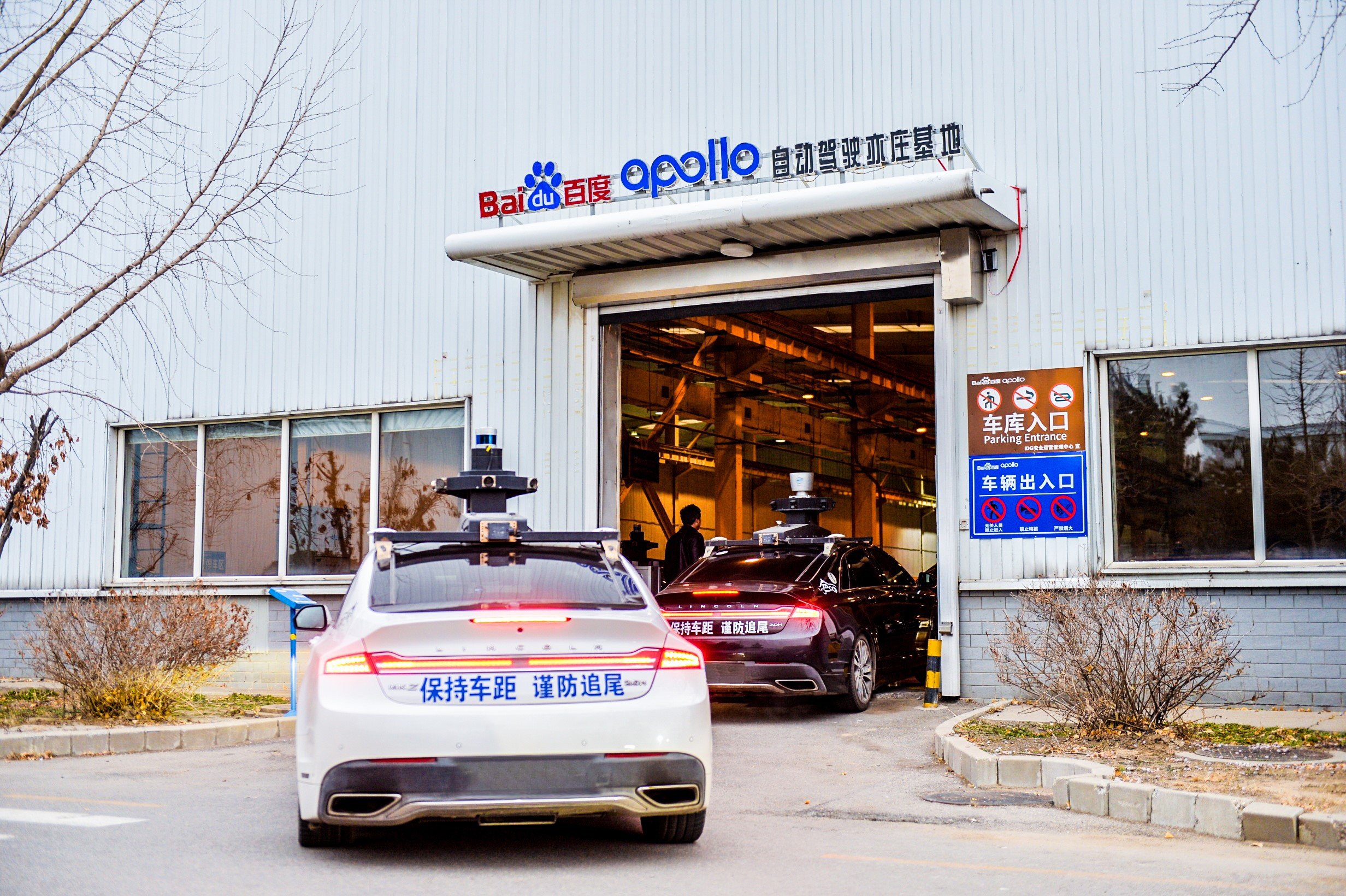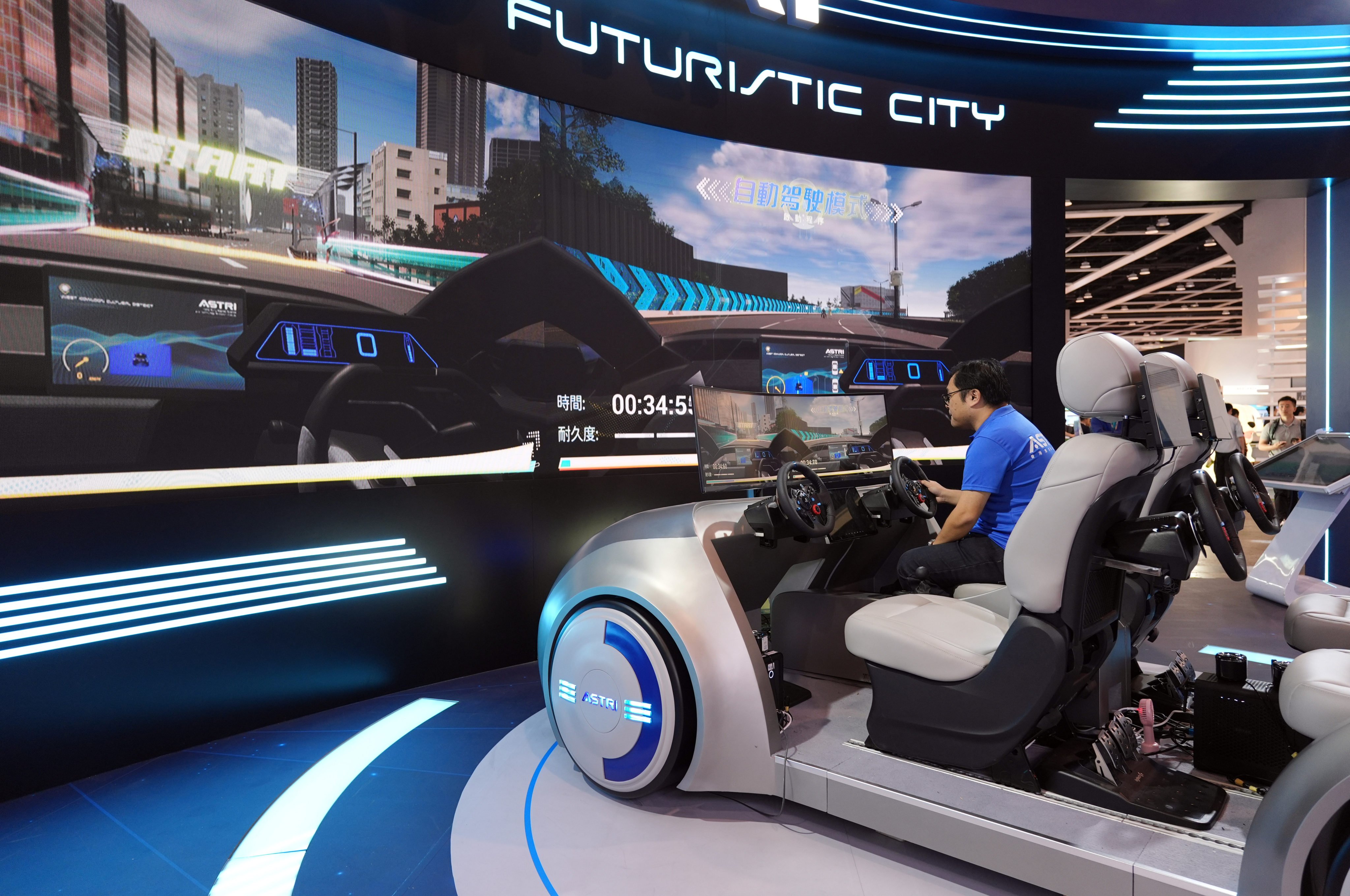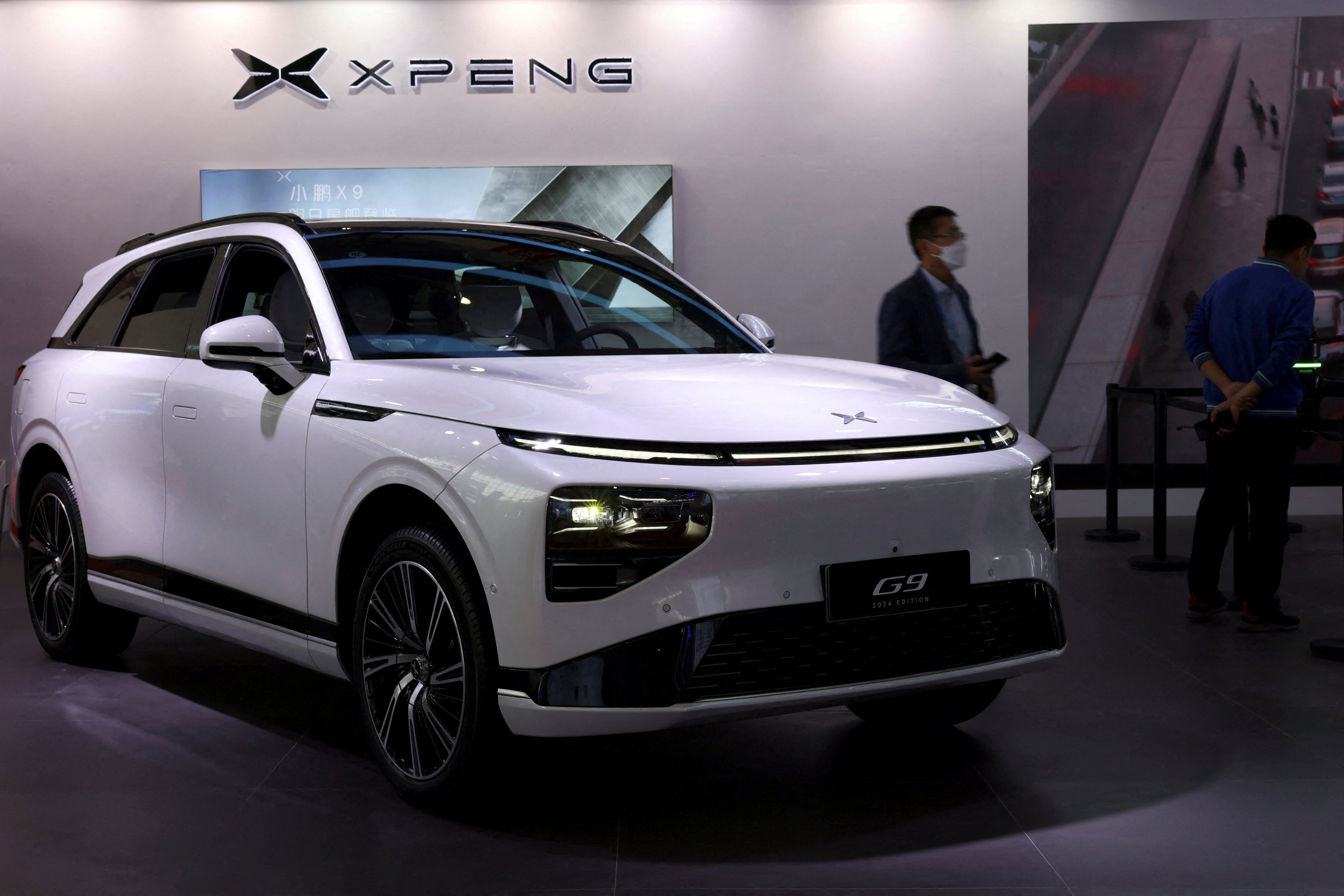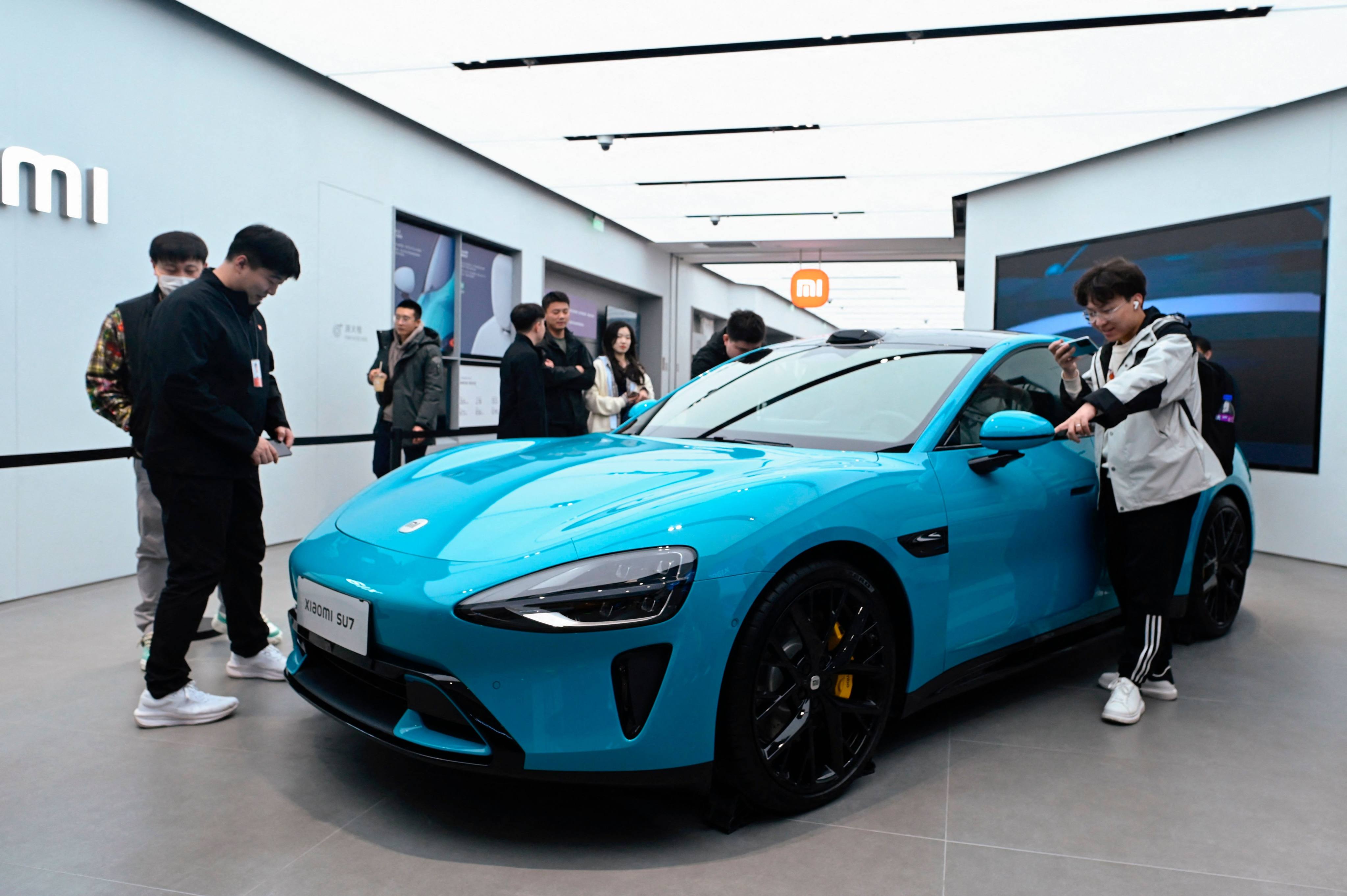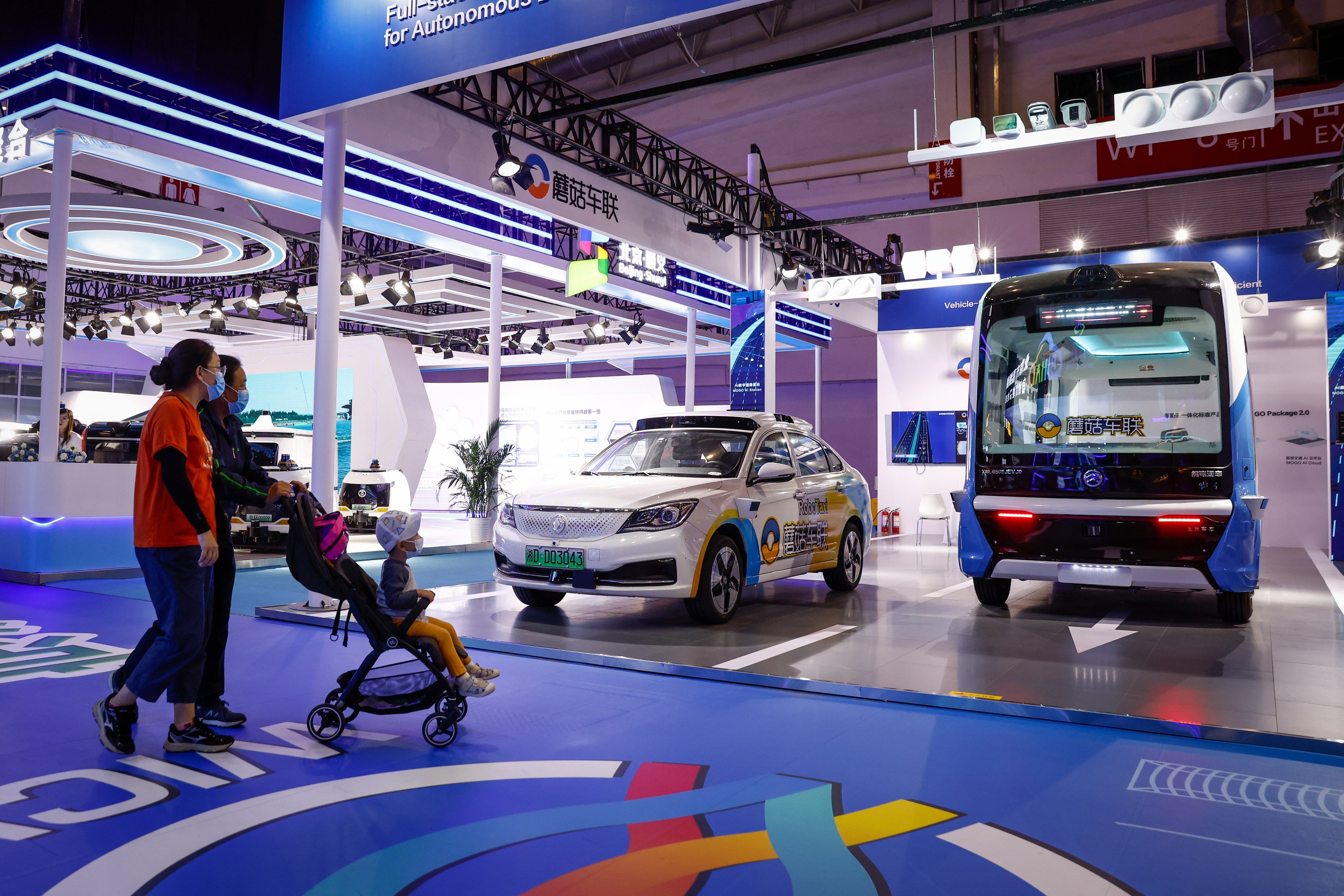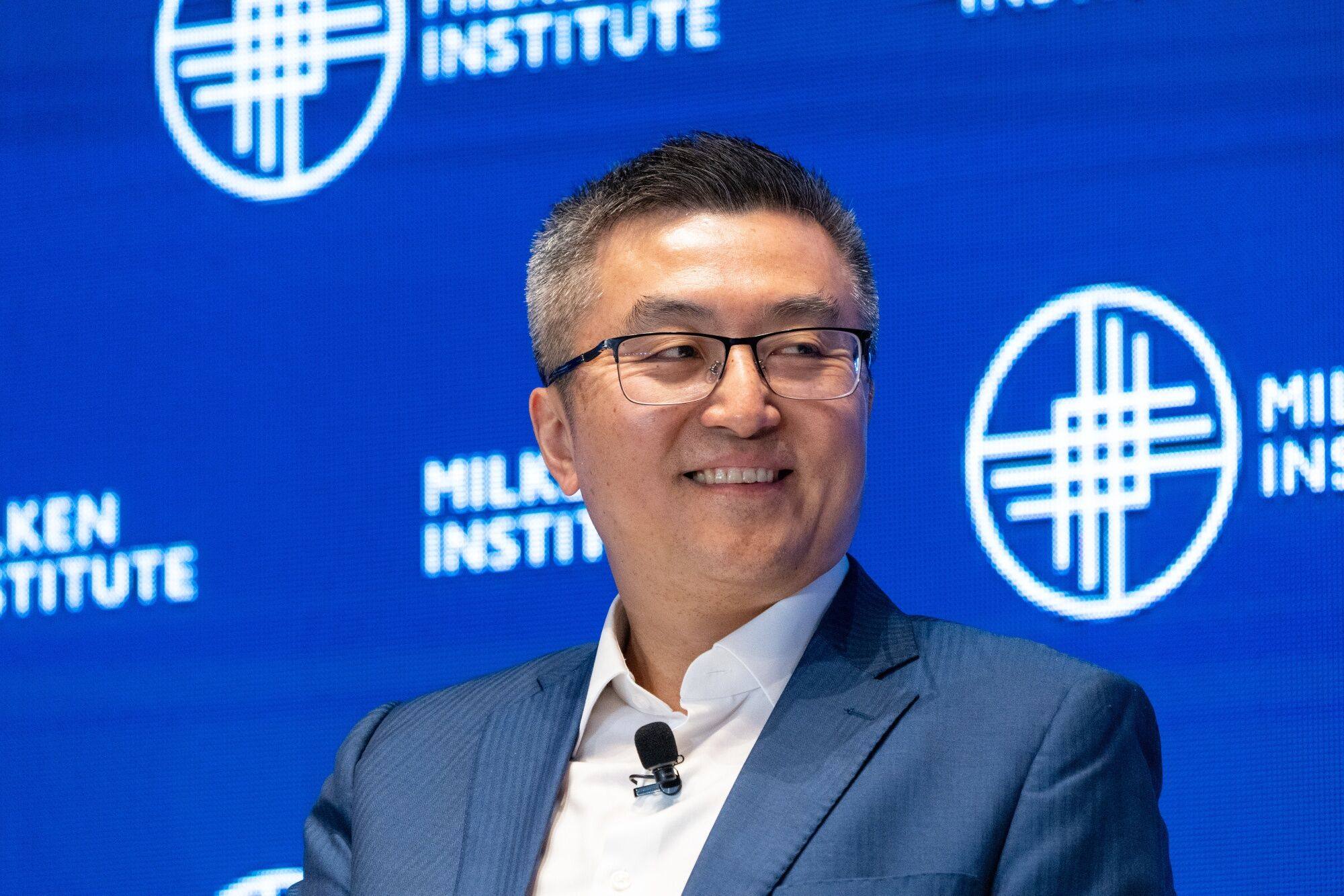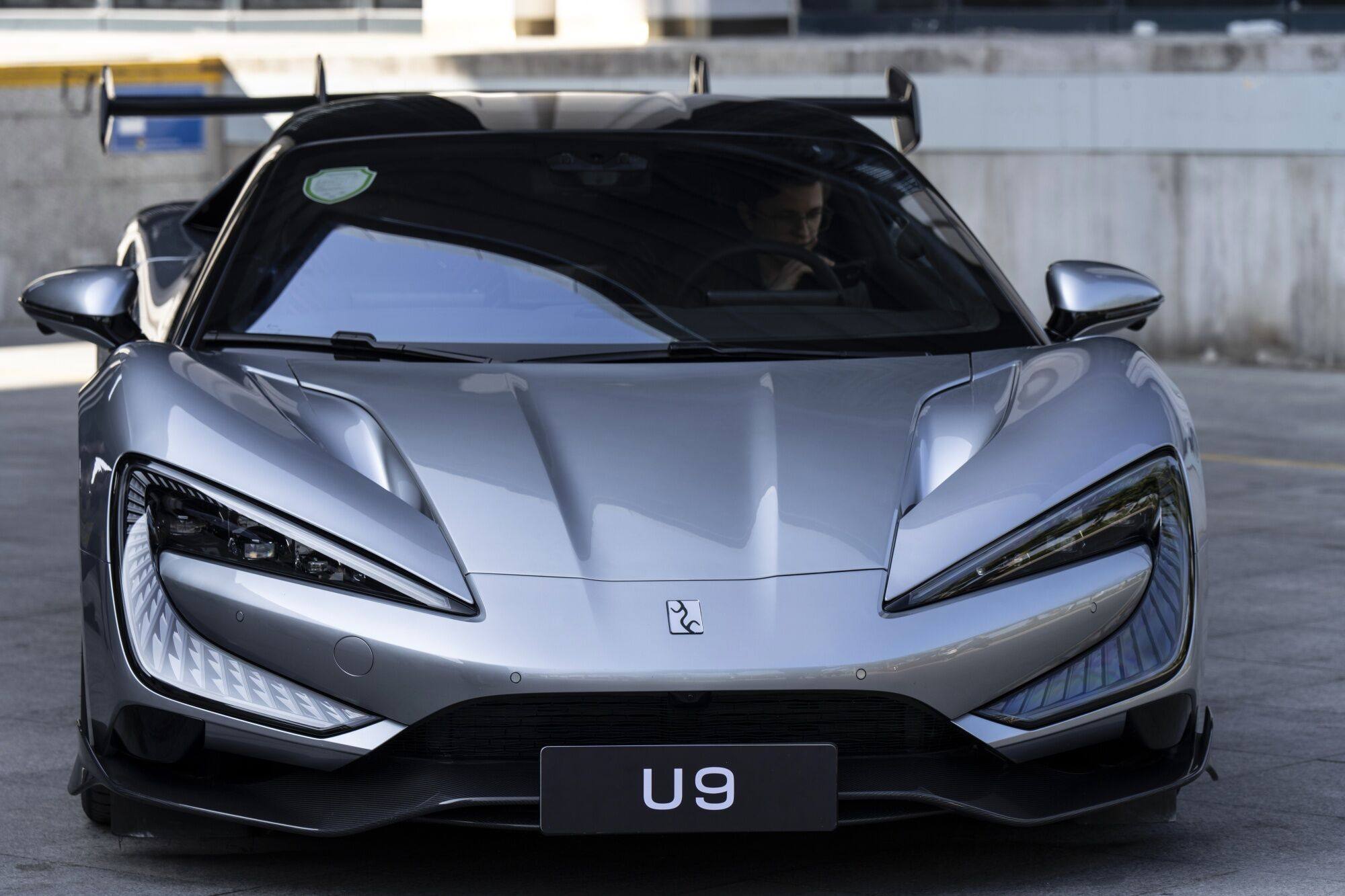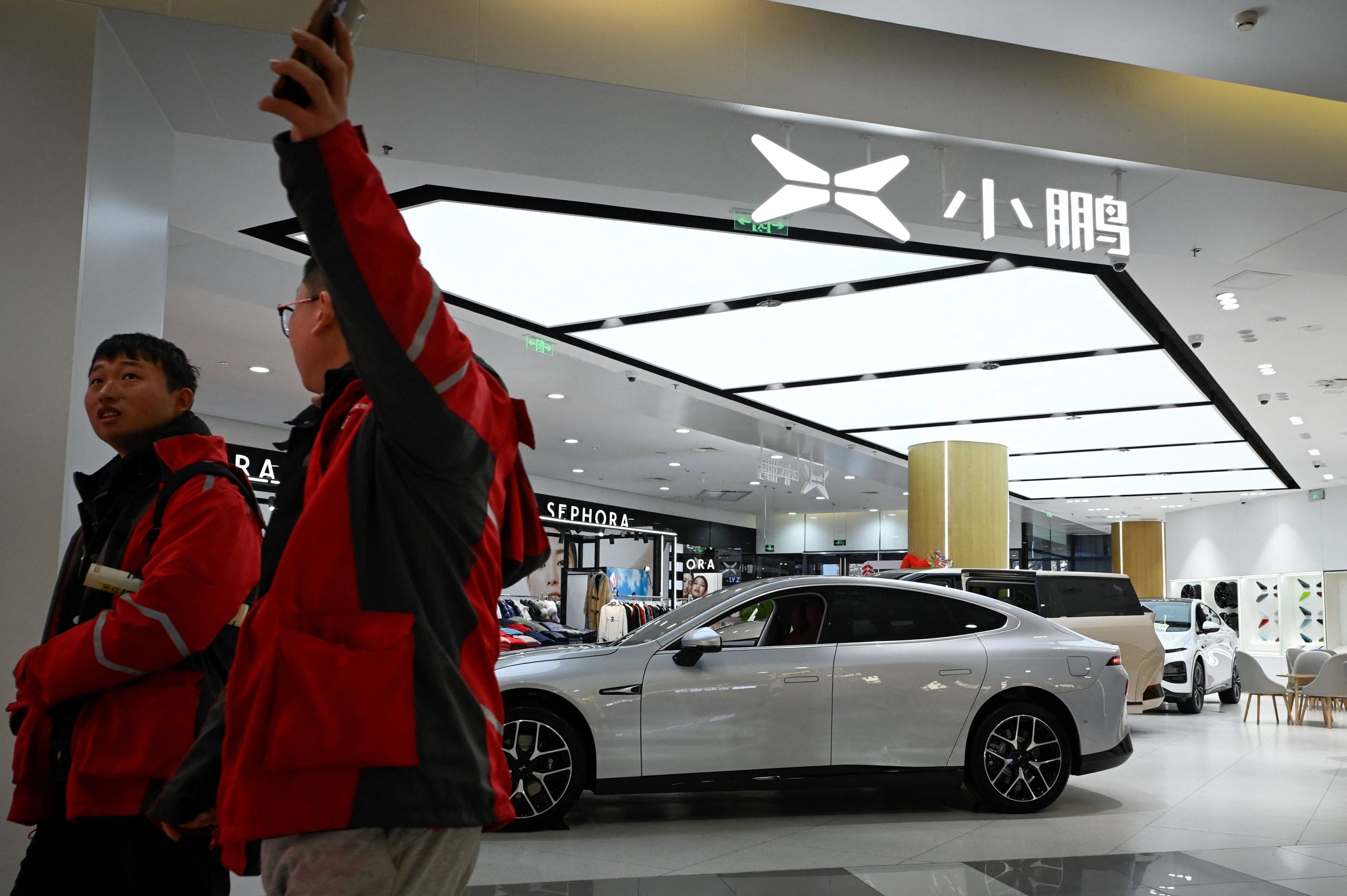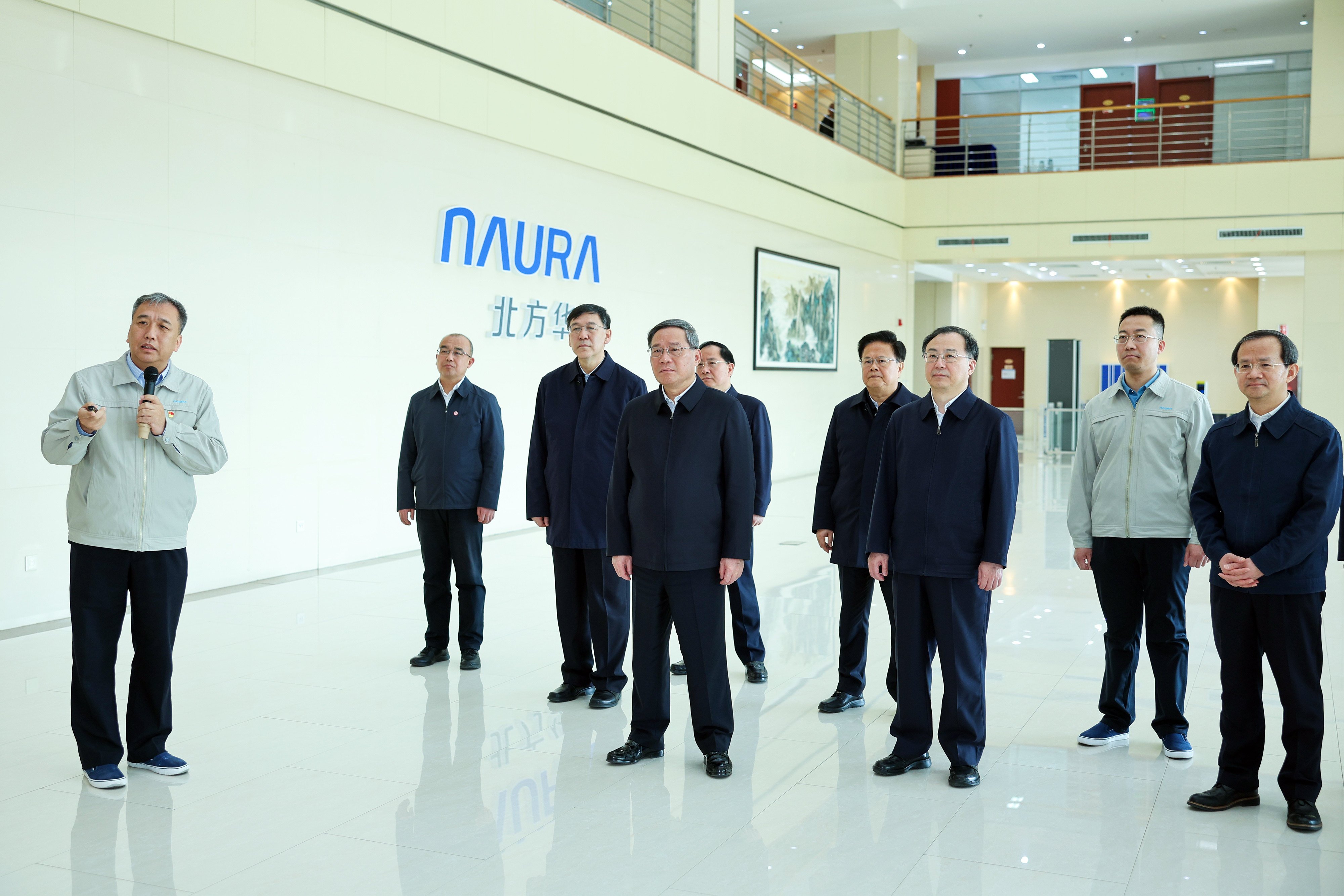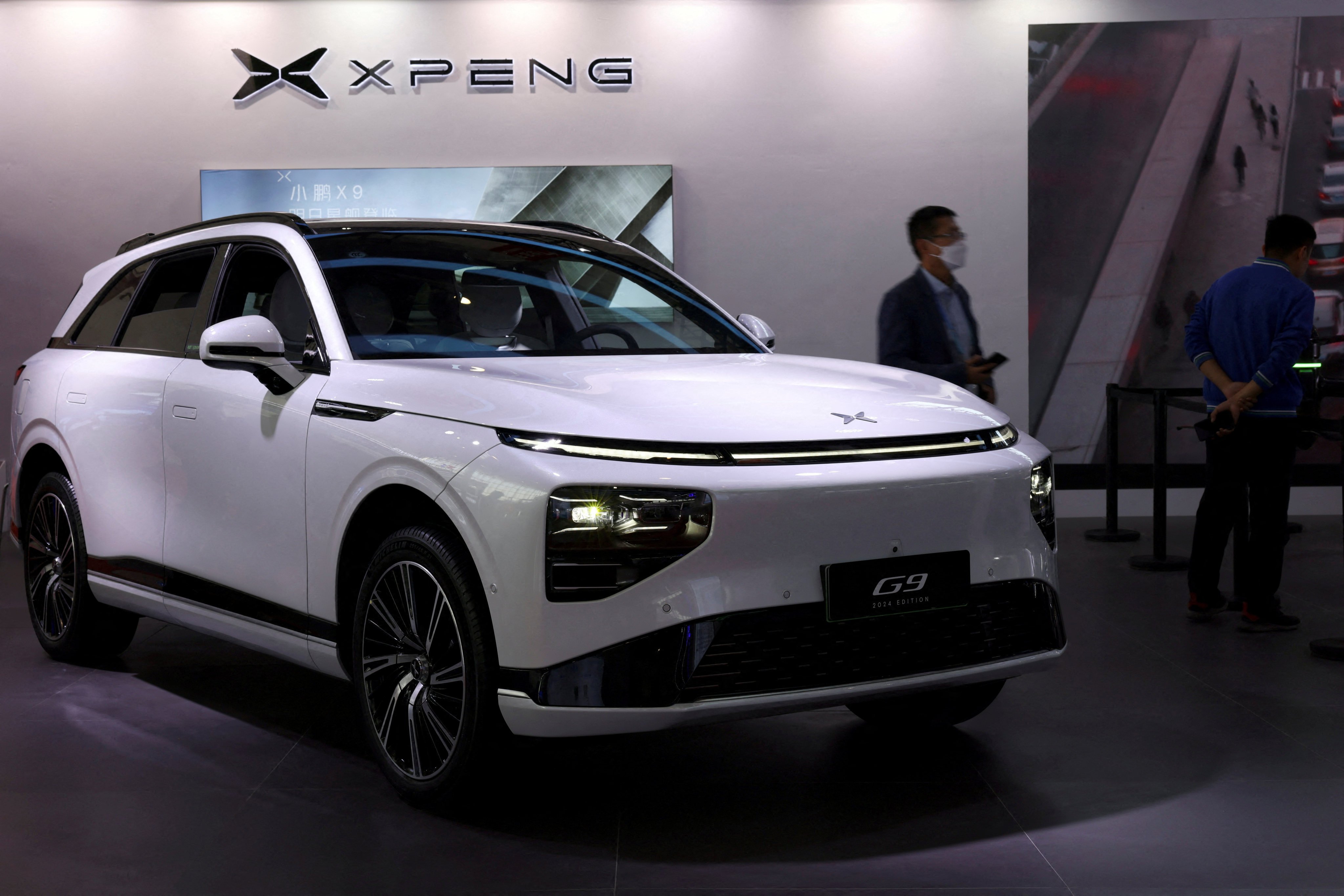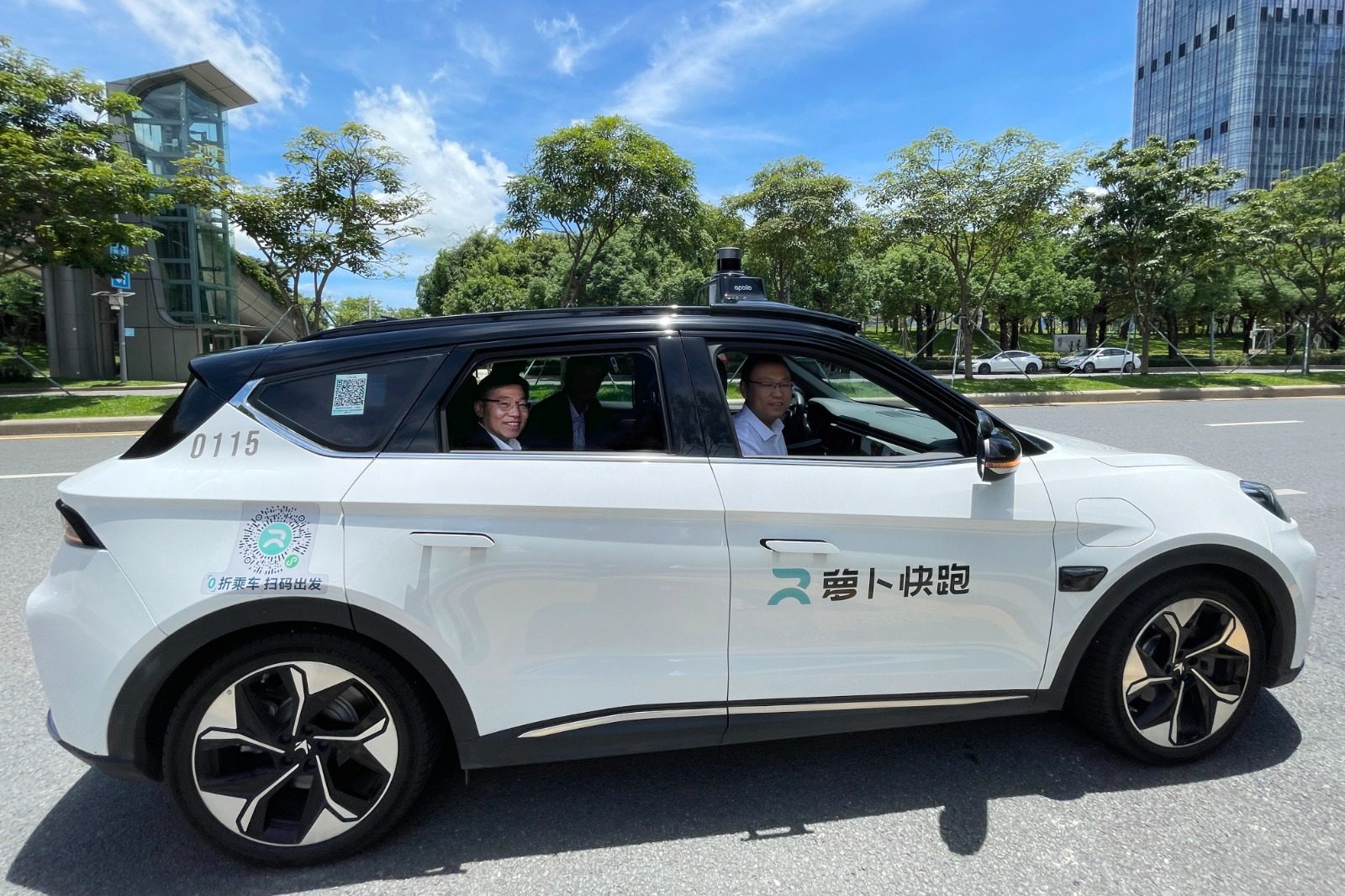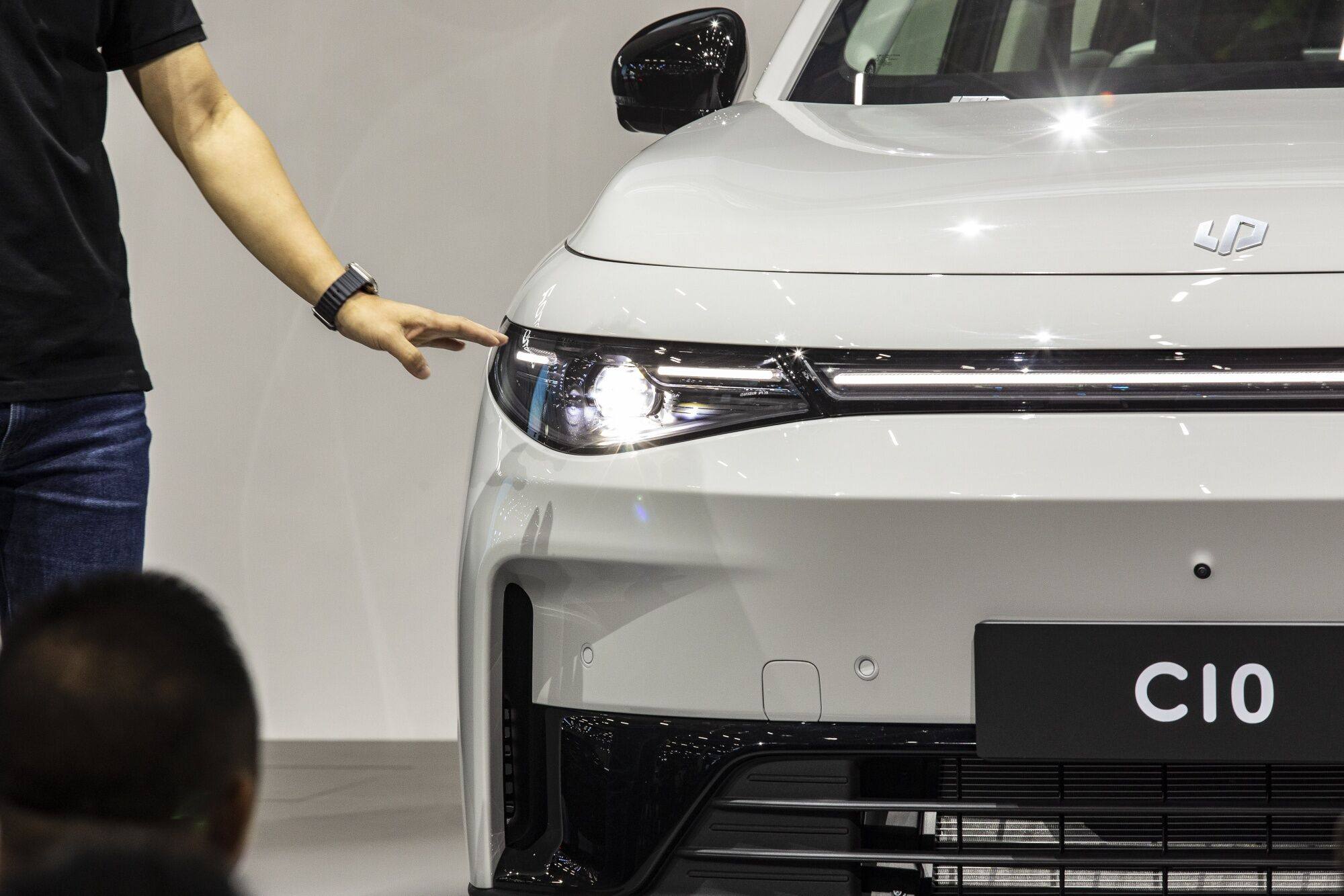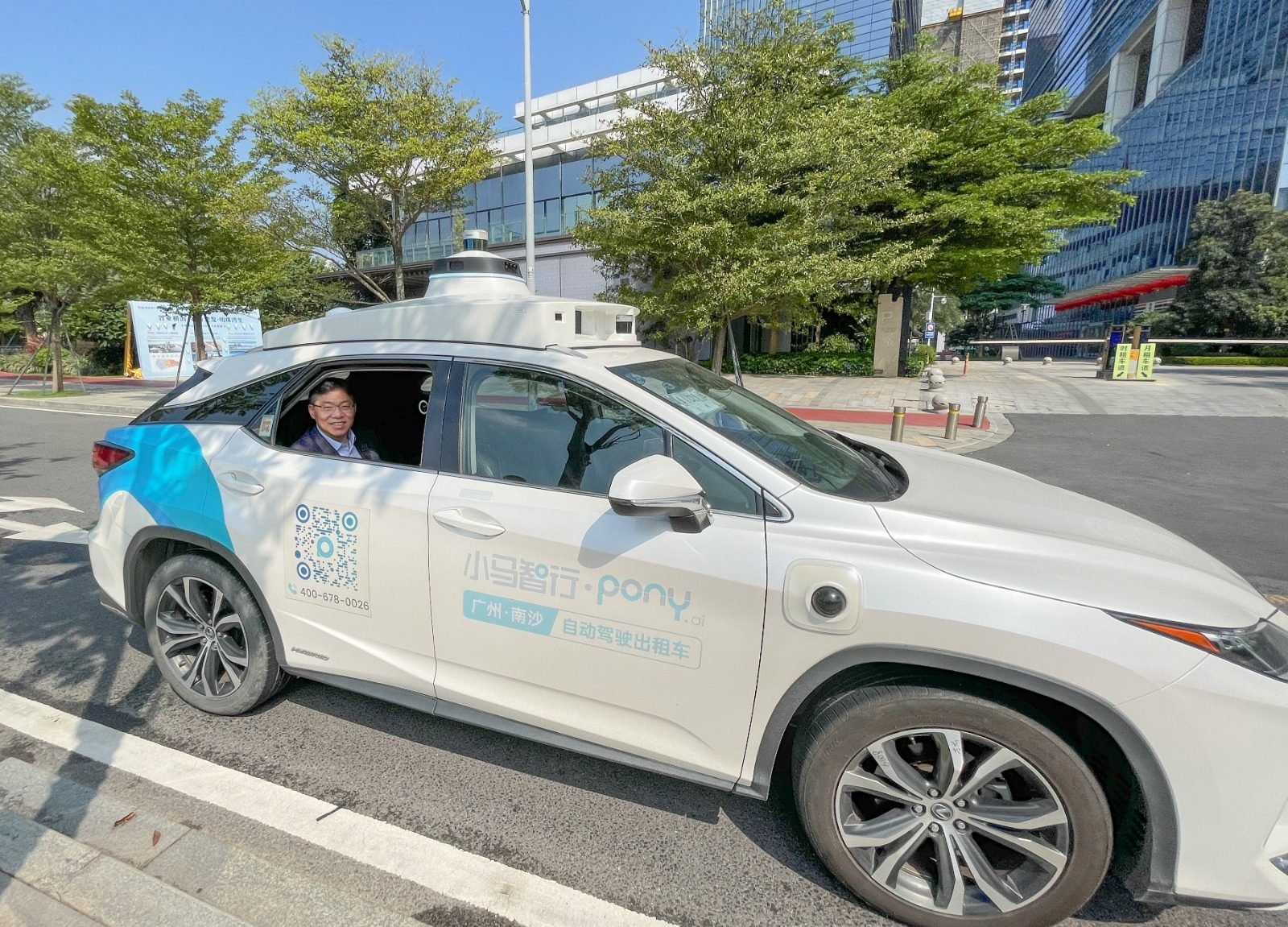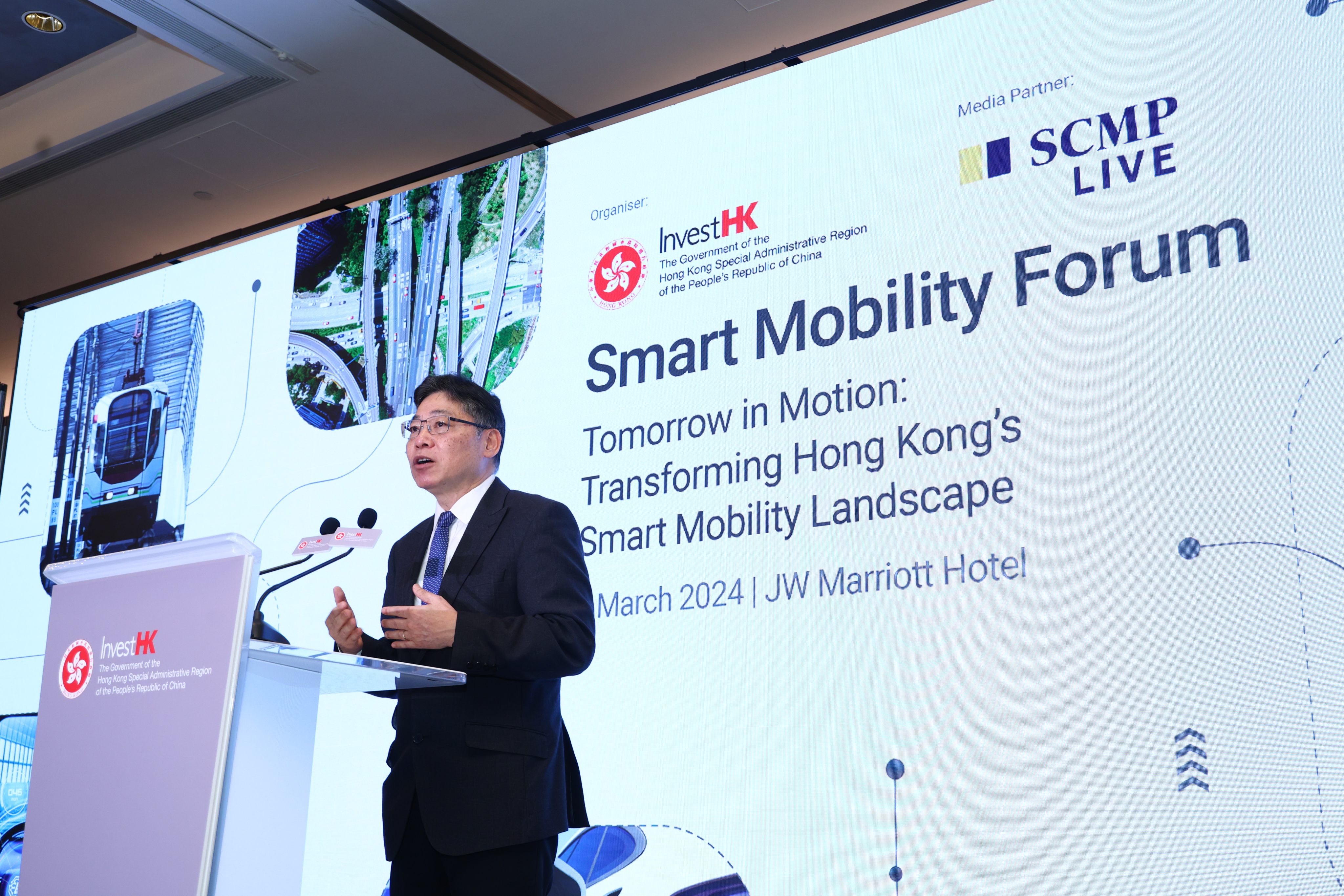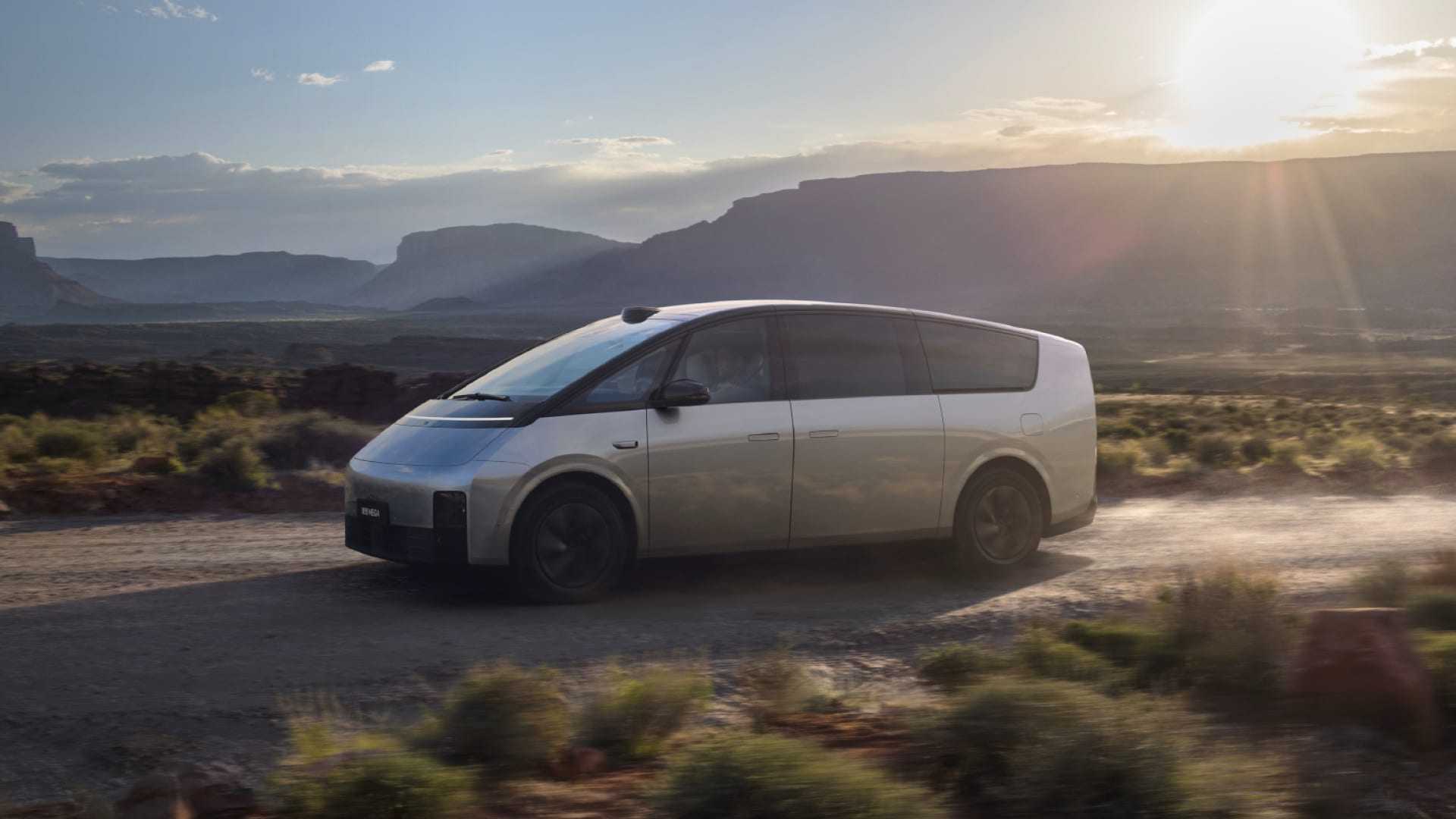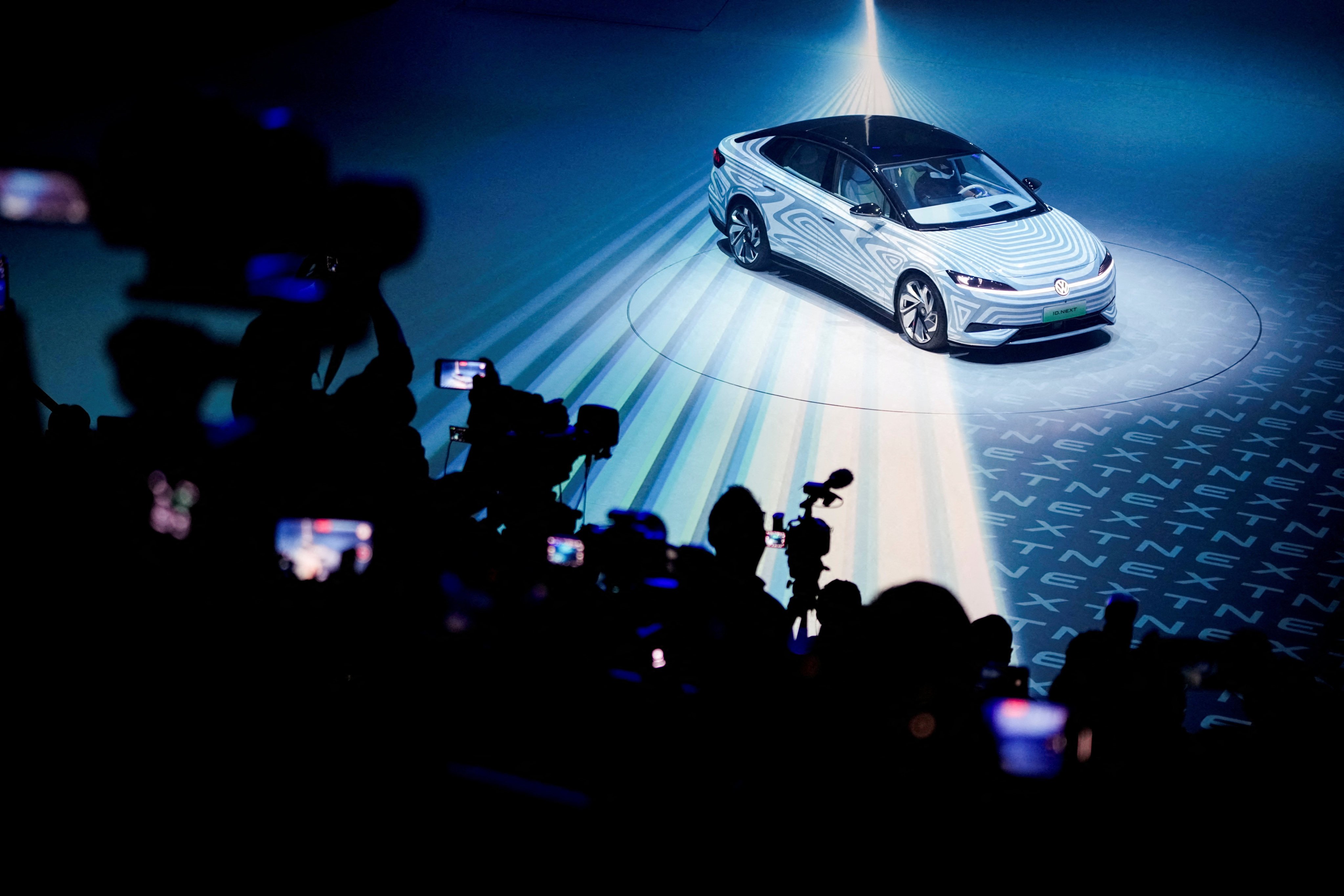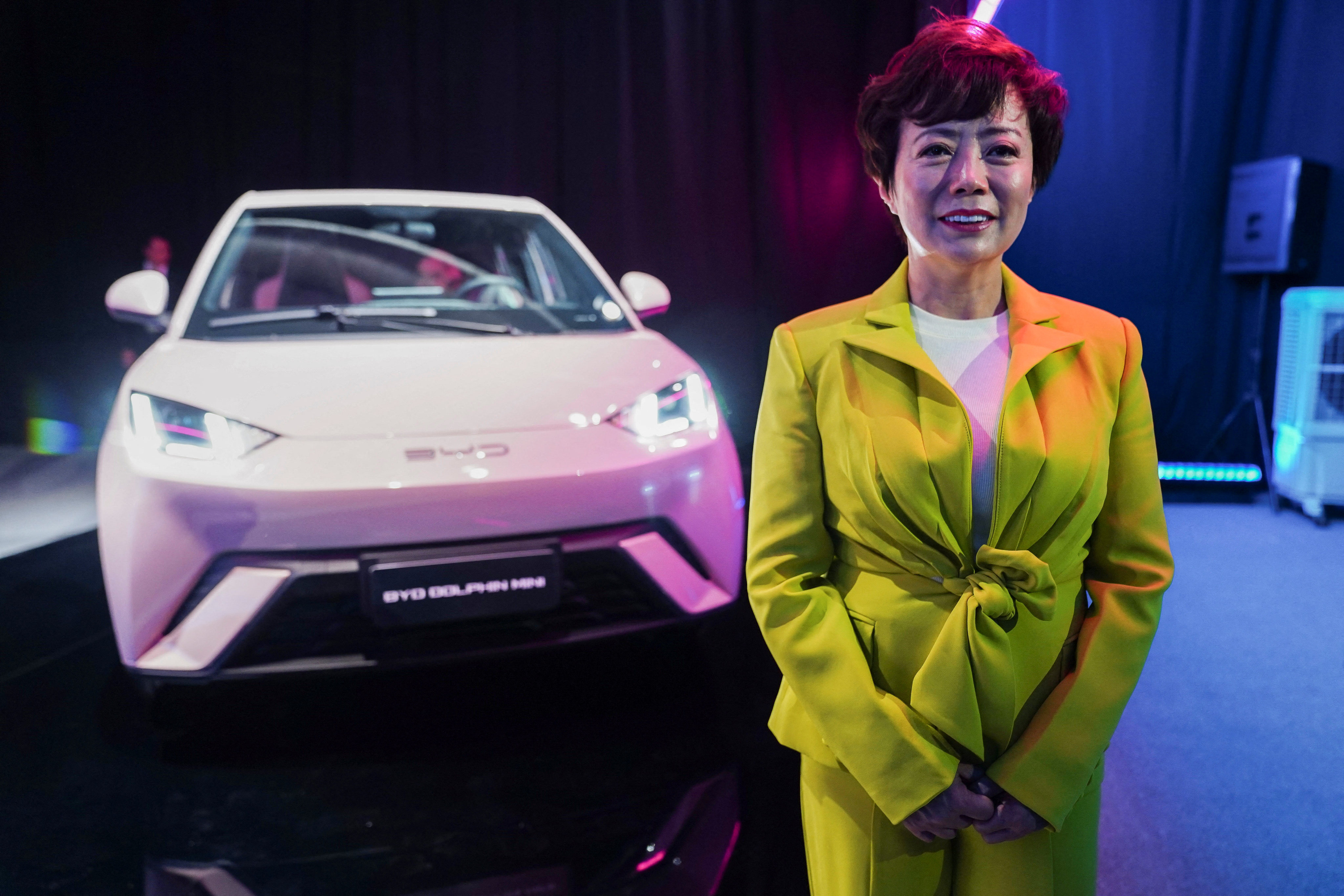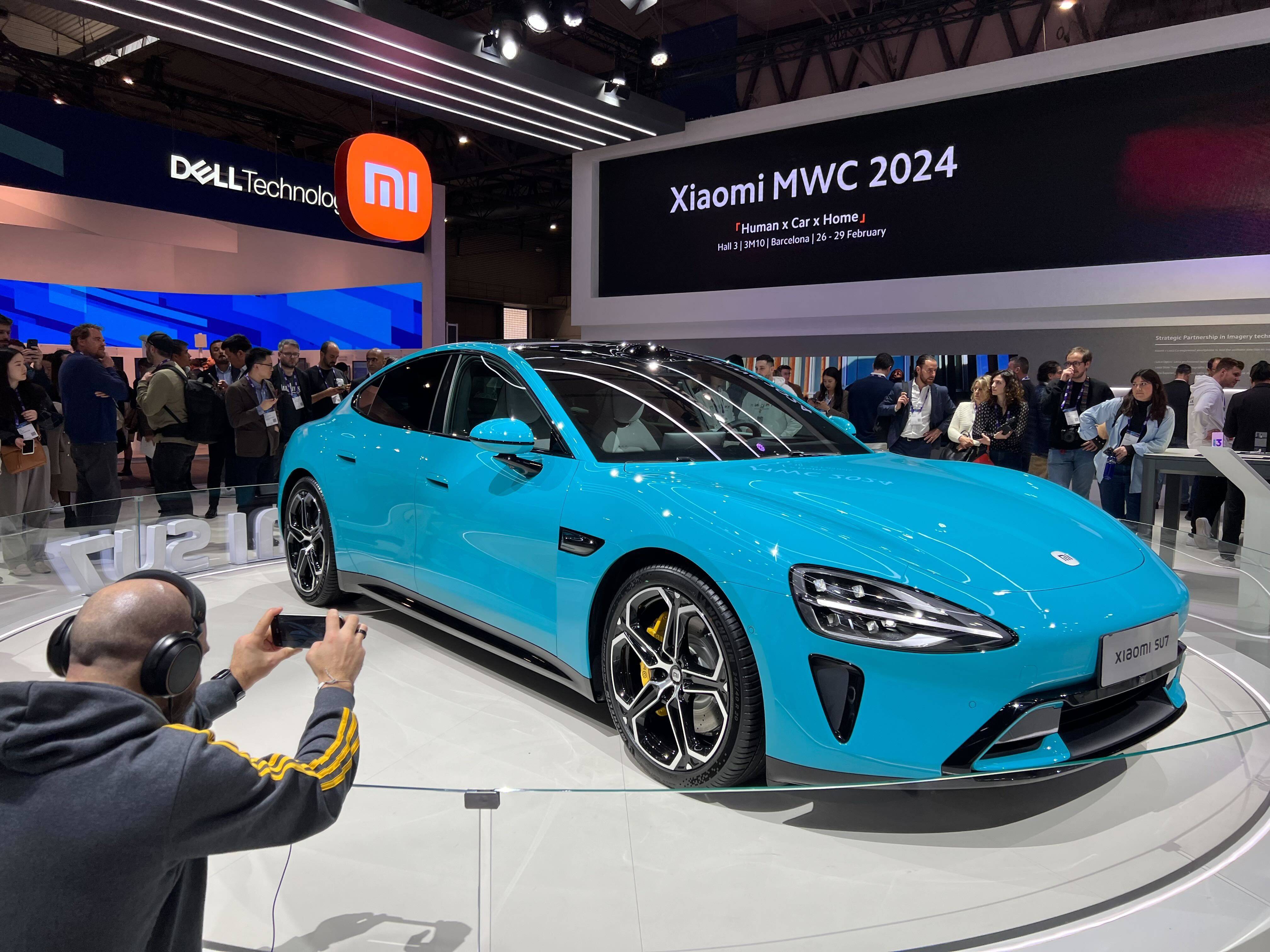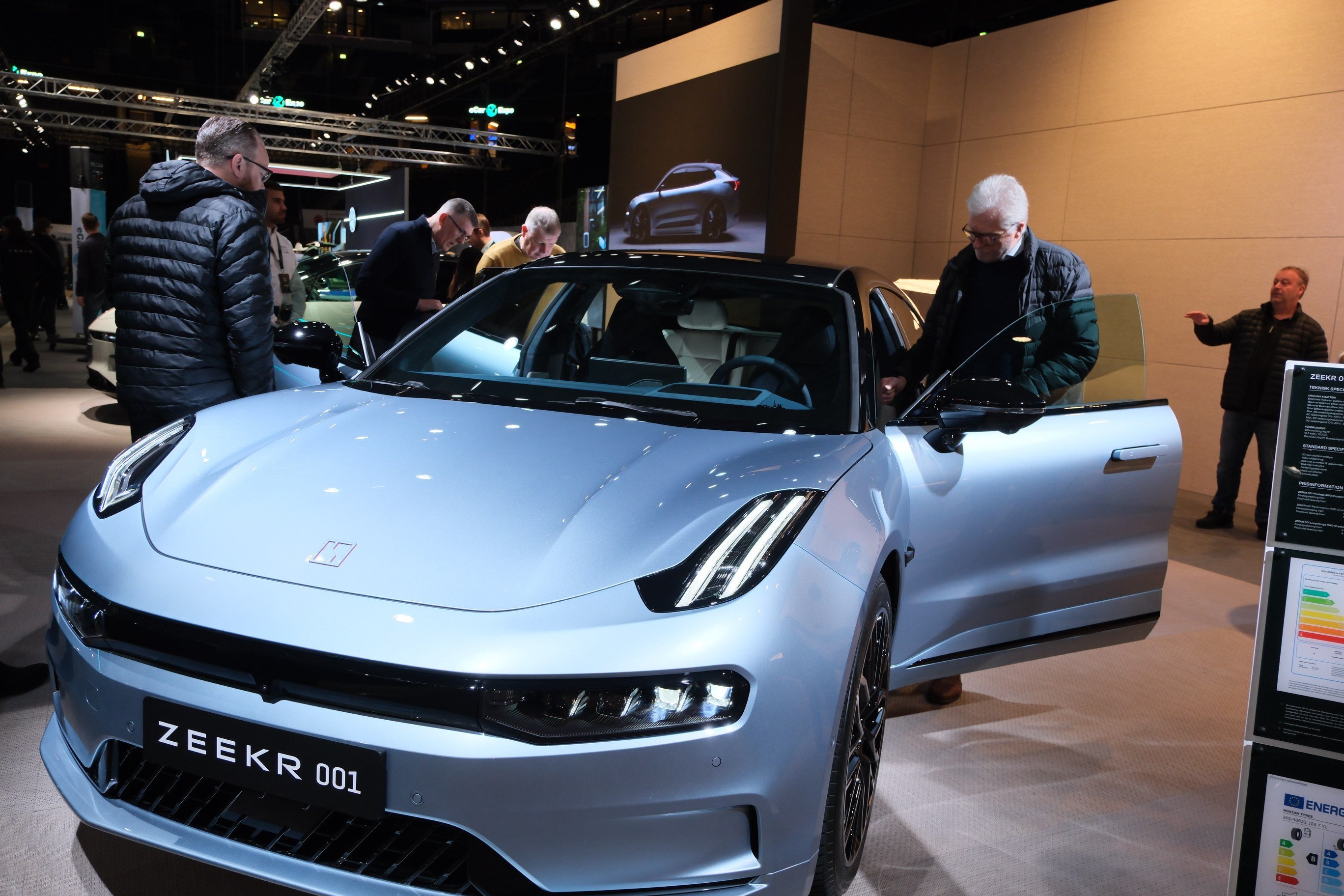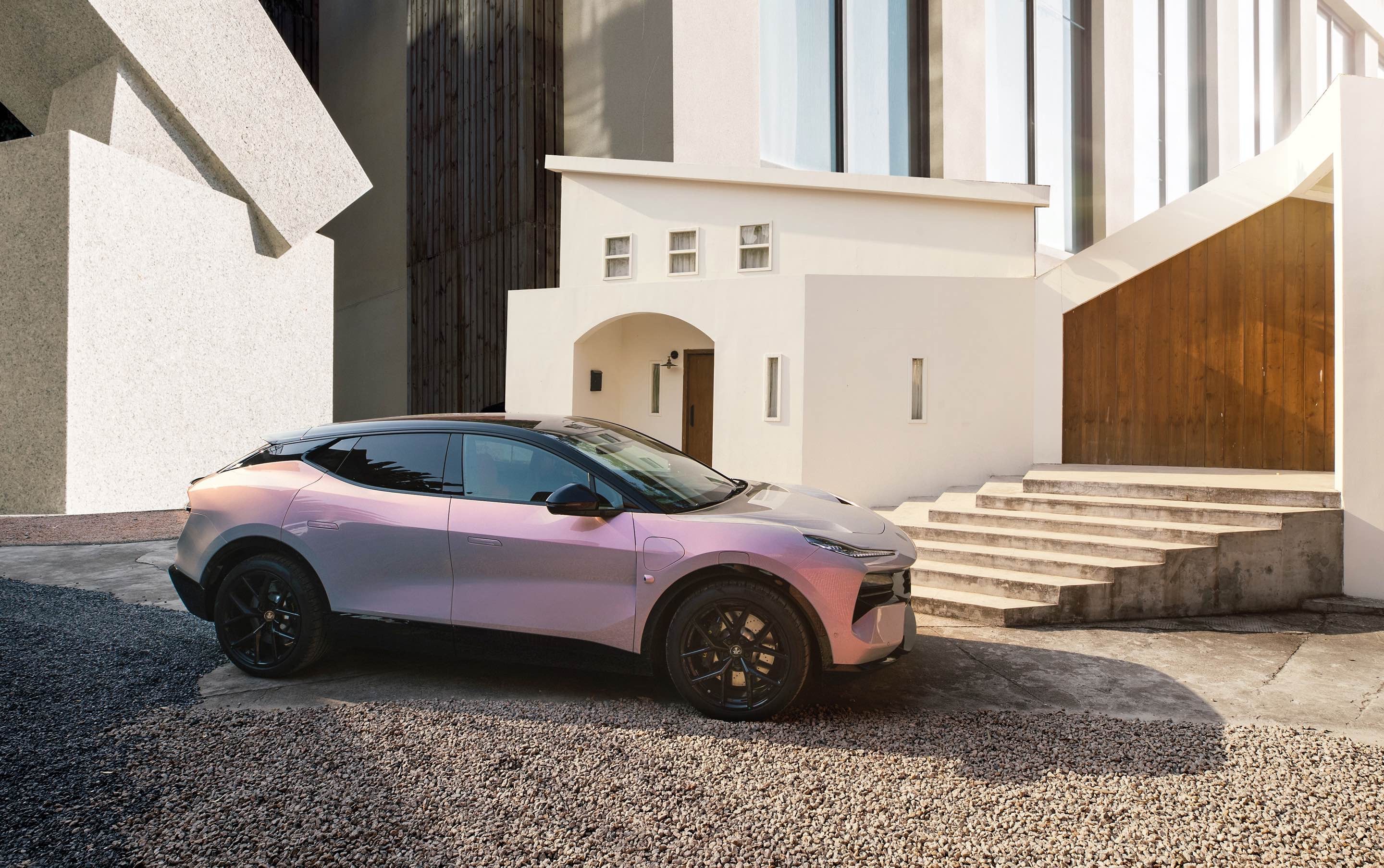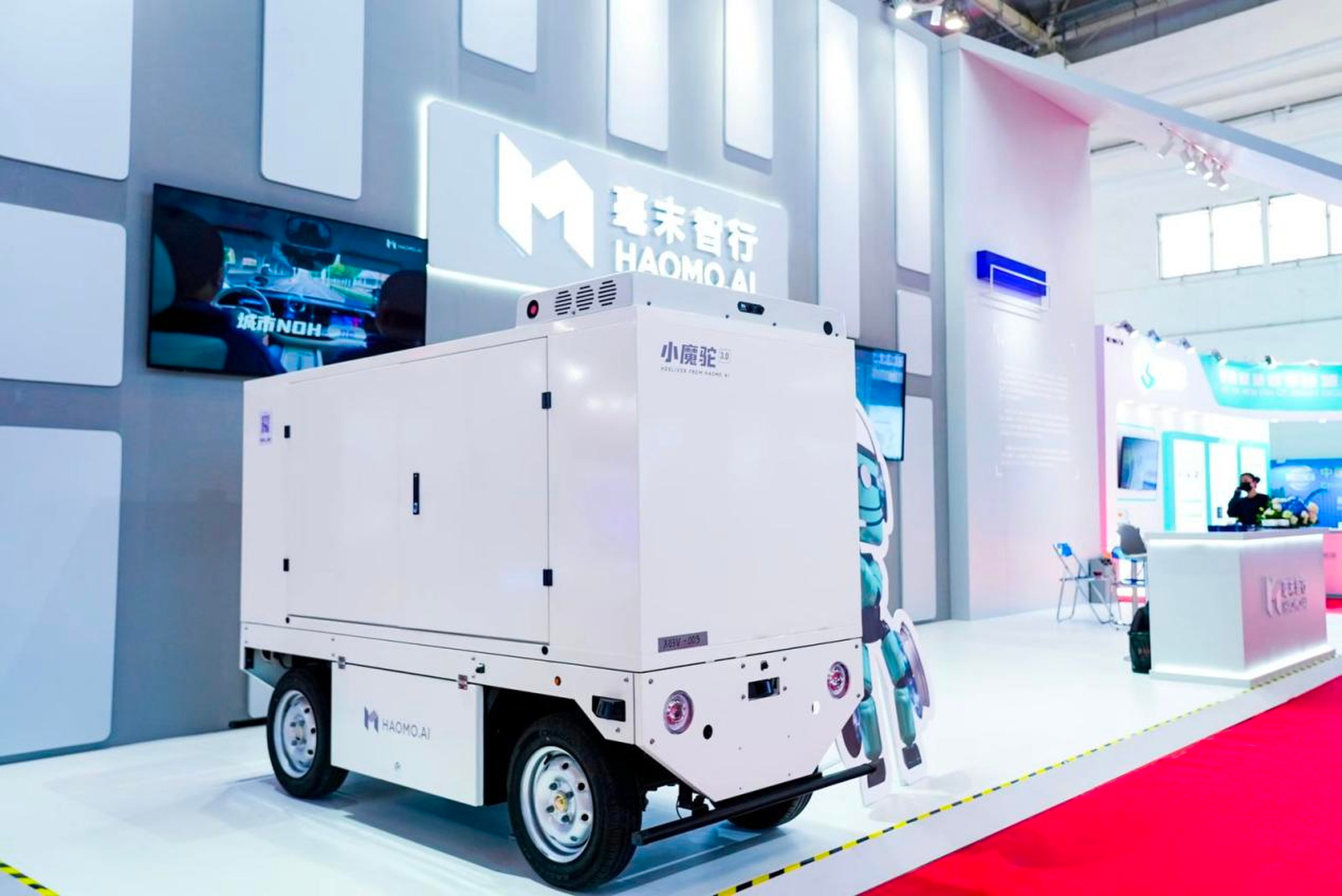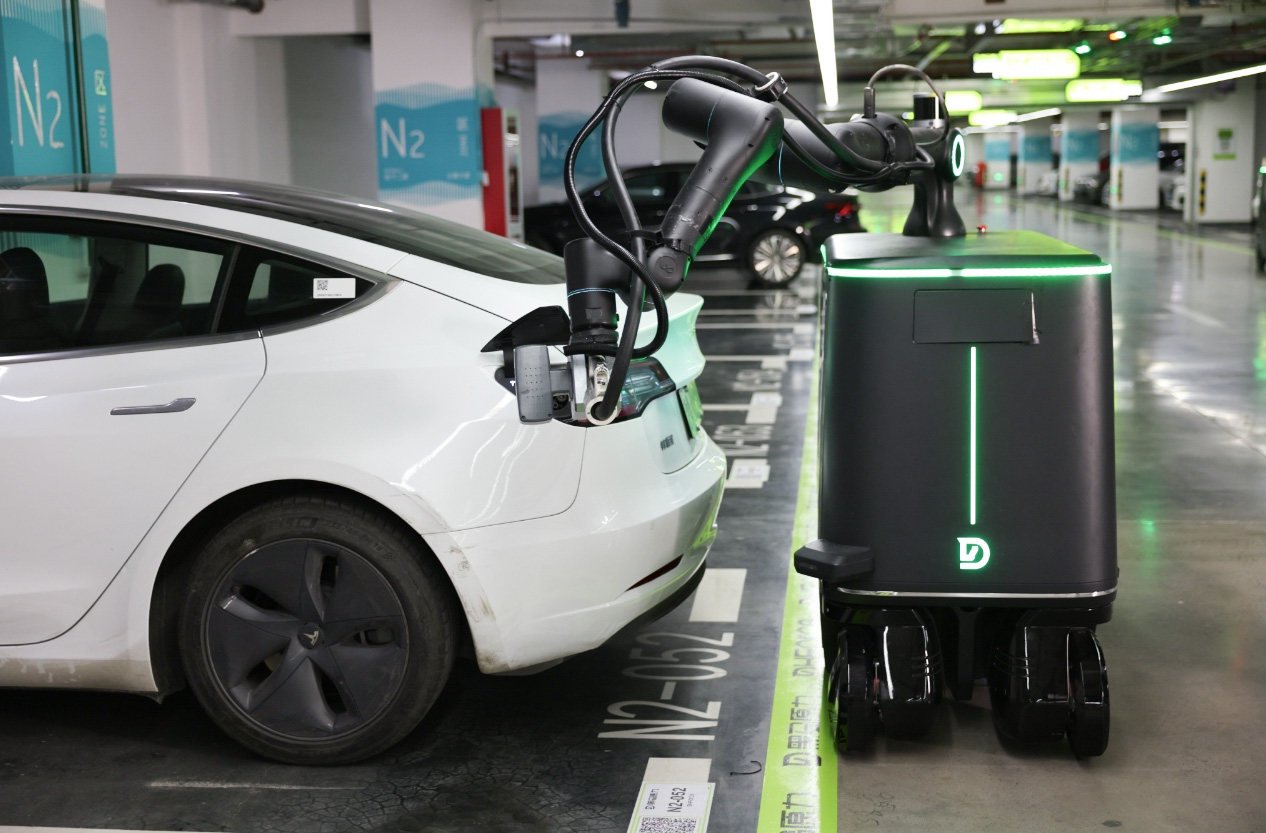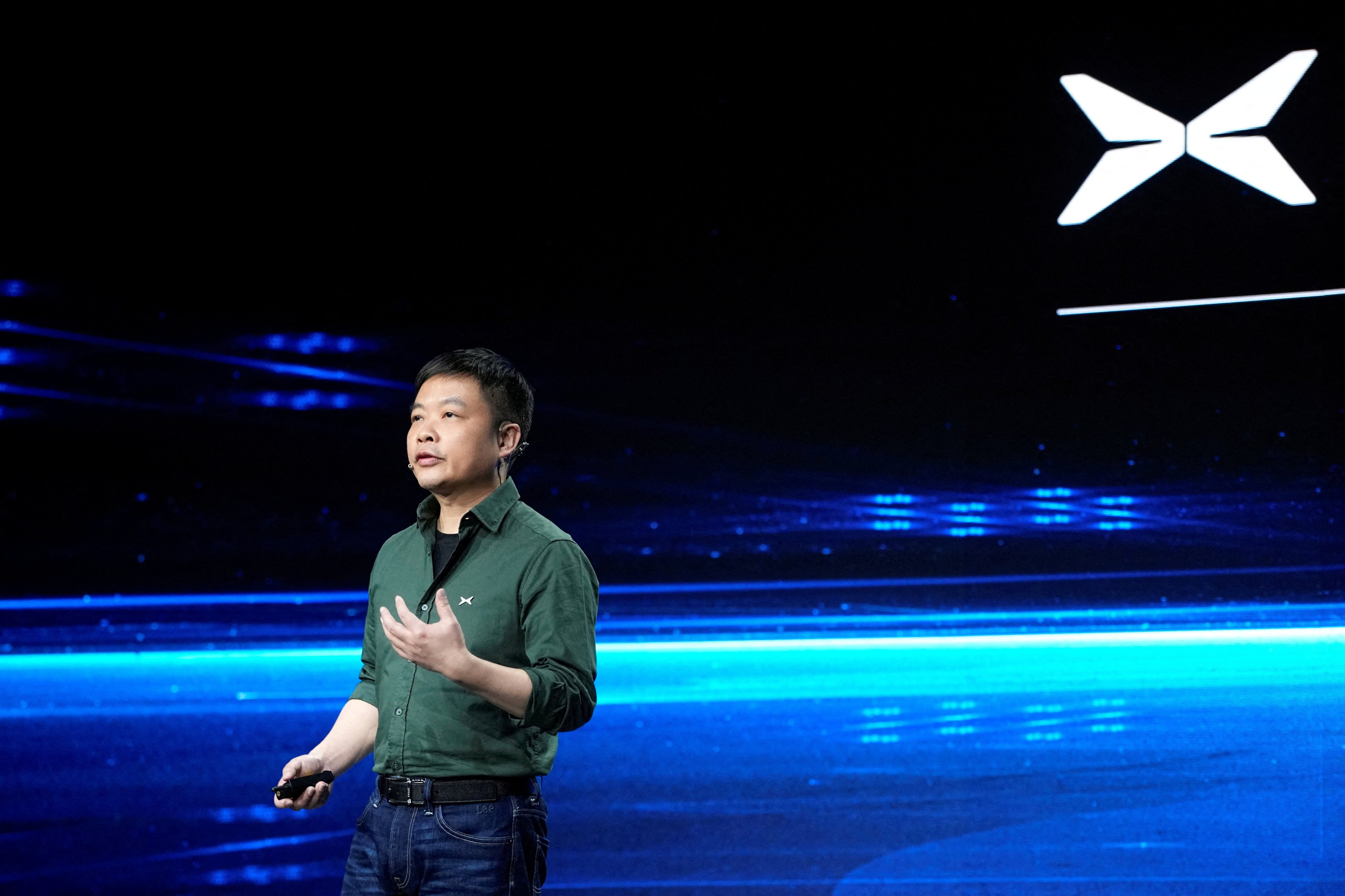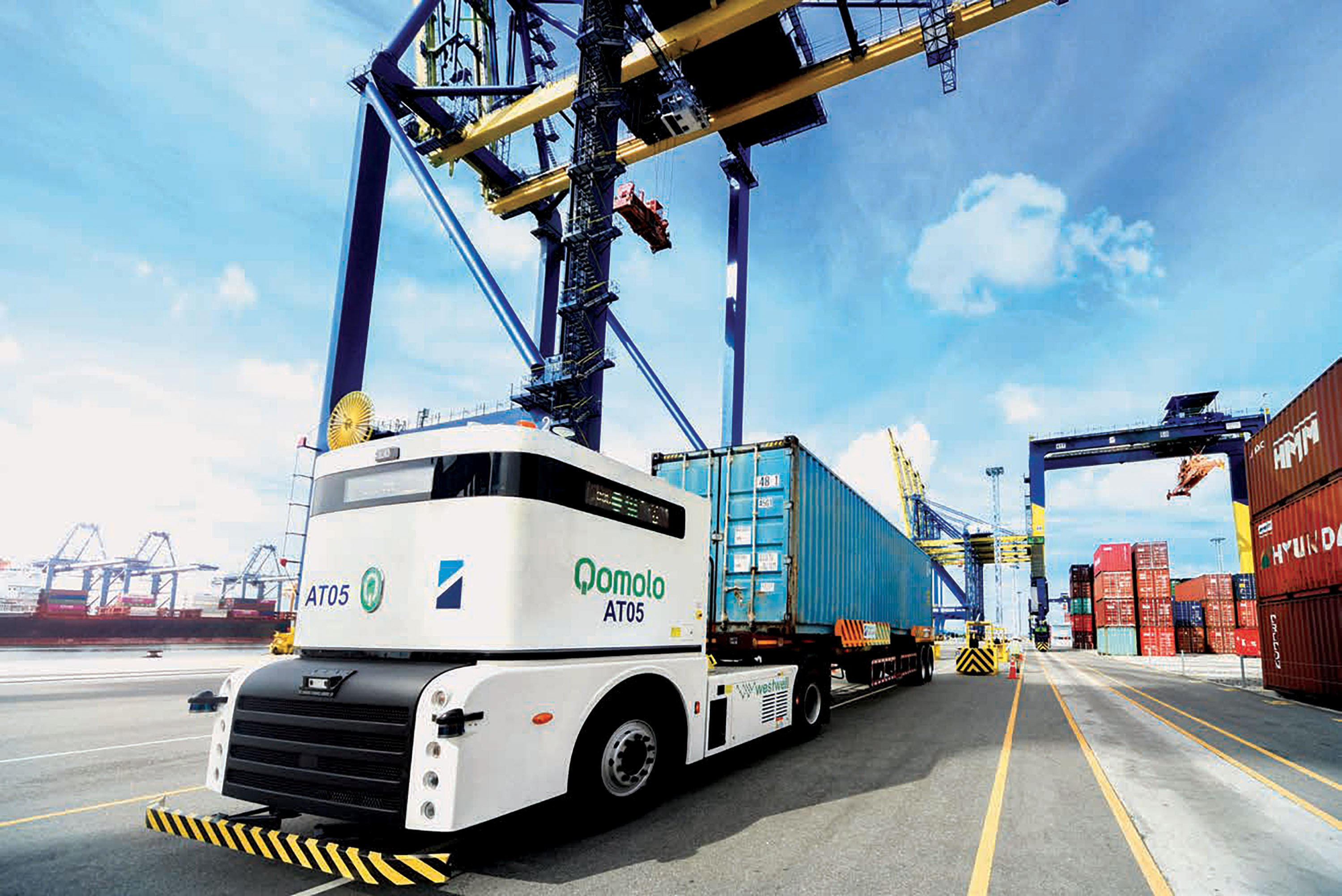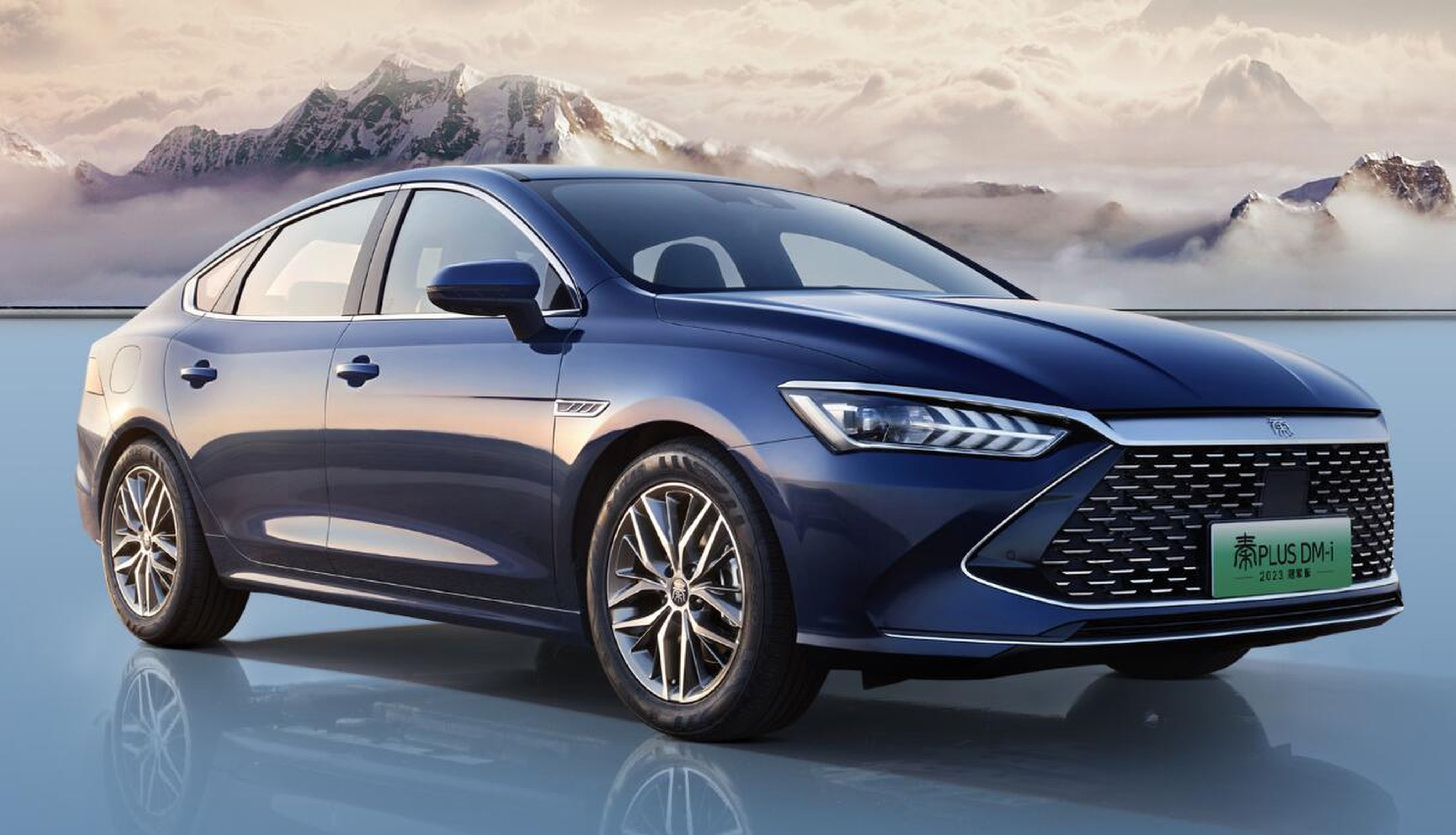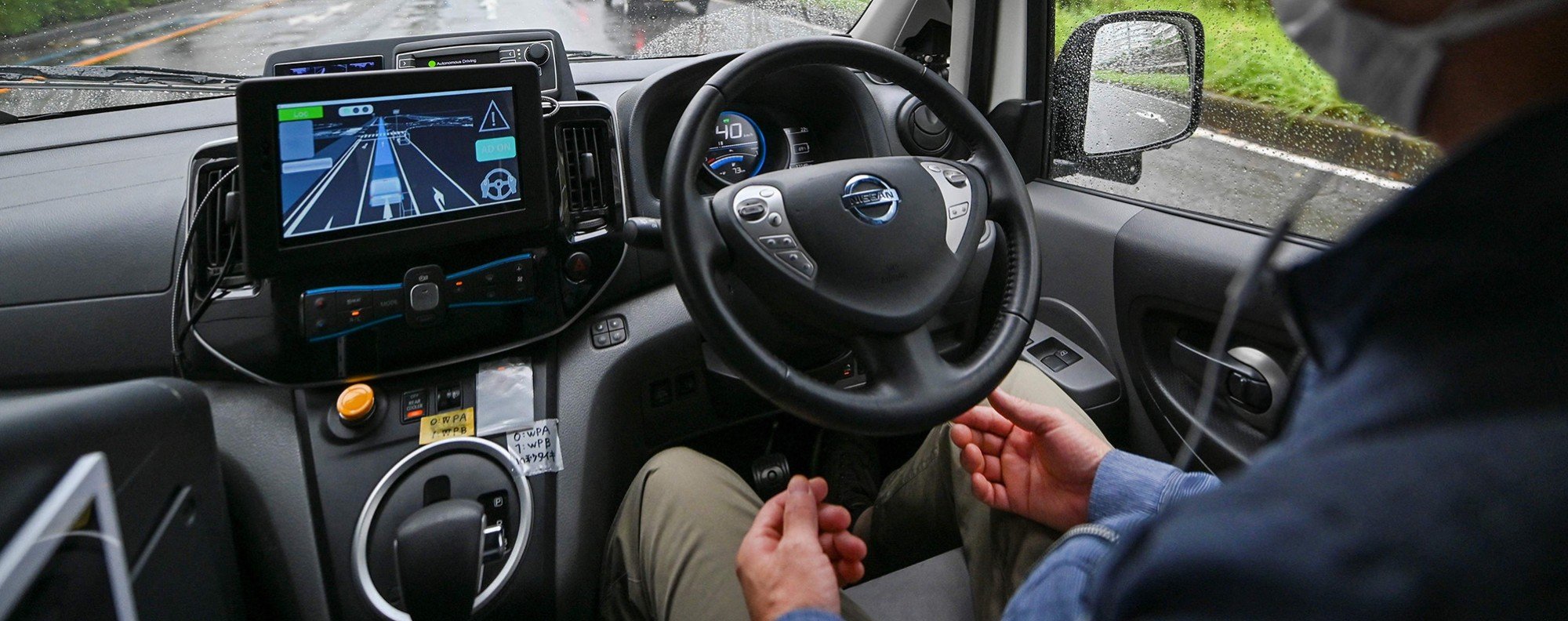
Topic
After the battles over 5G, social media and advanced microchips, Chinese electric cars are the new front line of US economic warfare.
If America really is not afraid of free and fair competition, it must rise to the challenge presented by Chinese electric vehicles and not apply its ‘national security’ brake.
- Baidu’s Intelligent Driving Group will strive for ‘100 million yuan of revenue and 100 million yuan of profits’, unit head Wang Yunpeng says
- With funding drying up amid an economic downturn in China, many autonomous-driving companies are under pressure to make money
Banma Network Technologies, an Alibaba-backed autonomous-driving software start-up, has replaced its CEO amid an overhaul.
The Chinese electric vehicle maker has taken a significant step towards tapping the right-hand drive market after forming a partnership with Sime Darby Motors to distribute its cars in Hong Kong.
Walter Huang was killed on the way to work in 2018 when his Model X swerved off a highway near San Francisco. His family had alleged that Autopilot steered the vehicle into a highway barrier.
Xiaomi off to a flying start in EV sector with its new SU7, which is priced to take on Tesla’s Model 3 in the competitive Chinese market.
Hong Kong-listed lidar specialist RoboSense saw its losses widen last year despite higher adoption of its products by carmakers and suppliers, according to a company filing on Wednesday.
Smart technology such as autonomous parking systems and the wide availability of superfast battery charging infrastructure will drive a boom in EV sales over the next five years, according to two of the segment’s leading manufacturers.
BYD, Xpeng and GAC Aion’s Hyper brand announced expanded collaborations with Nvidia on Monday.
The global automotive industry is making a “strategic transformation” towards electrification, said Gou Ping, vice-chairman of the State-owned Assets Supervision and Administration Commission.
His declaration comes during an inspection tour and as the European Parliament approves a new legal framework to get ahead of worrisome risks associated with artificial intelligence.
Chinese electric vehicle (EV) maker Xpeng plans to launch its first right-hand drive model in the second half of this year as it accelerates its push to go global, targeting markets such as Hong Kong and Southeast Asia.
Readers discuss the government’s efforts to promote the development of self-driving cars in Hong Kong, and a transport subsidy scheme.
Chinese electric-vehicle (EV) maker Leapmotor has joined the widening discount war on the mainland, pricing its new SUV as much as 17 per cent lower than originally planned.
Transport chief Lam Sai-hung notes that new regulatory framework for autonomous vehicles has come into effect.
Recent smart mobility efforts in Hong Kong include the development of sky shuttles, as well as the deployment of hydrogen-powered double-decker buses and driverless trucks.
The US$77,764 Li Mega, Beijing-based Li Auto’s first pure-electric model, has a range of 710 kilometres. It costs nearly twice as much as market leader General Motors’ petrol-powered competitor.
Volkswagen has signed an agreement with Chinese EV maker Xpeng to jointly develop two mid-sized battery-powered vehicles for the highly competitive mainland market in 2026.
The Shenzhen-based EV maker expects to choose a location for the plant, which is set to have a production capacity of 150,000 cars annually, by the year-end.
From Xiaomi to Xpeng, leading Chinese electric vehicle makers have expressed disbelief that Apple is ending its decade-long effort to build a car.
Geely’s premium electric-vehicle unit Zeekr has cut prices by 10 per cent, joining the fray against mainland Chinese rivals after BYD fired the first salvo this month.
The company, a division of British sports car company Lotus Group in which Chinese carmaker Zhejiang Geely Holding owns a majority stake, will focus on the premium segment despite cheap models dominating the mainland EV market.
Haomo.AI, an autonomous driving technology start-up backed by Great Wall Motor, has raised 100 million yuan (US$13.9 million) in a new round of financing buoyed by Chinese drivers’ growing appetite for intelligent vehicles.
Chinese AI driverless company Uisee has picked Hong Kong for setting up its international headquarters, with plans to use the city as its springboard for expansion into Singapore, the Middle East and Europe.
GGSN, which is partly owned by New World Group, is in talks to set up research, product development and marketing facilities in Hong Kong, where it hopes to demonstrate its autonomous charging devices in the car parks of offices and malls.
Chinese electric vehicle (EV) maker Xpeng will spend a record 3.5 billion yuan (US$486 million) in 2024 and hire 4,000 new workers, as it unveils plans to churn out 30 new models over the next three years.
Westwell, a Chinese developer of AI chips for autonomous vehicles, plans to invest HK$300 million (US$39.36 million) in the next five years to attract global talent to its new international HQ in Hong Kong.
The car starts at just over US$11,000, lower than bestselling petrol-powered cars like Volkswagen’s Lavida and Toyota’s Corolla.
Li Auto plans to give its 20,000 employees annual bonuses of up to eight months’ pay for exceeding the 300,000-unit sales target last year. The carmaker has set a goal of delivering 800,000 units this year.












